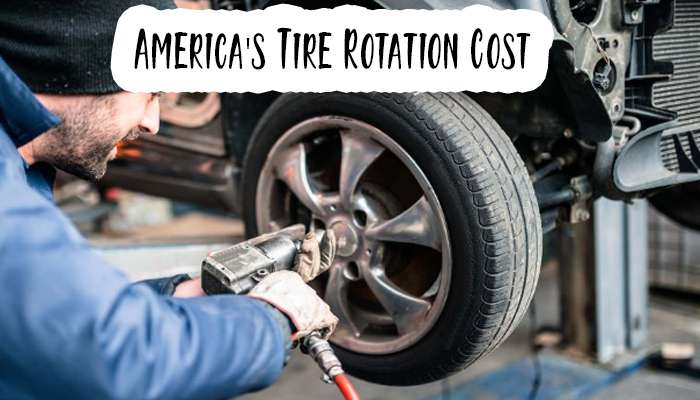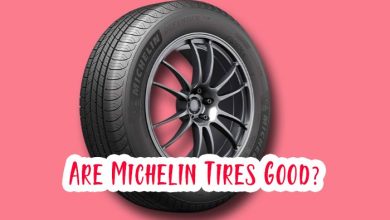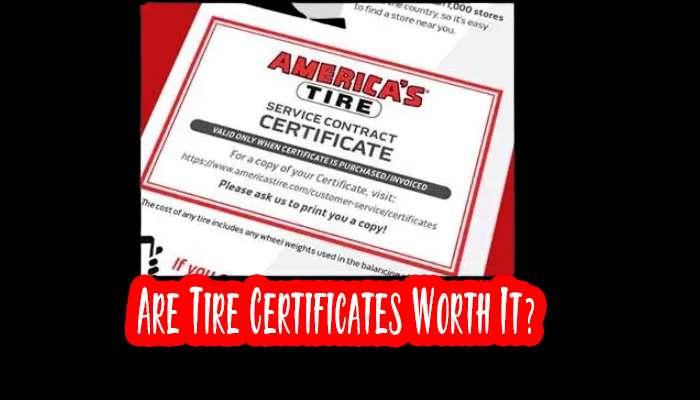C1 vs SL Tires | Key Difference Between Them
When it comes to choosing the right tires for your vehicle, the options can be overwhelming. Two popular choices in the market are C1 tires and SL tires.
As a tire enthusiast with a deep understanding of how tires and rims work, let me guide you through the intricacies of these tire options.
Introducing C1 Tires
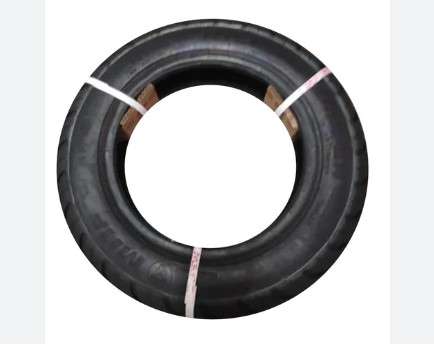
C1 tires are a breed apart, designed for those who crave a perfect blend of performance and style. These tires are crafted with precision engineering, ensuring optimal traction on various road surfaces.
Whether you’re navigating city streets or tackling rough terrains, C1 tires promise a smooth and controlled ride. Their innovative tread patterns enhance grip, giving you the confidence to handle diverse driving conditions.
Read my recent post- BFGoodrich vs Michelin Tires.
Introducing SL Tires
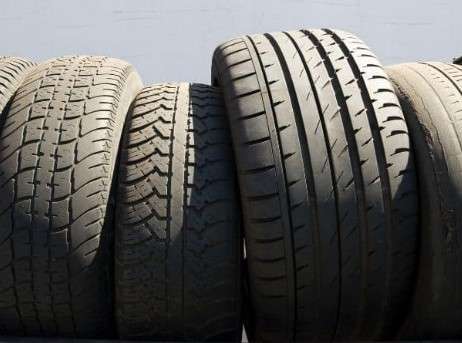
SL tires, on the other hand, cater to the practical driver who values durability and reliability. These tires boast a sturdy construction, making them ideal for everyday commuting and long-distance travel.
SL tires prioritize safety without compromising on performance. With a focus on longevity, SL tires are a trusted companion for those seeking a tire that can withstand the tests of time and mileage.
Also Read: Why Did My Brand New Tire Flat Overnight?
C1 vs SL Tires: Performance Metrics

Performance is the heartbeat of any tire, and the battle between C1 and SL tires is intense. C1 tires excel in acceleration and handling, offering a responsive driving experience.
The advanced rubber compounds and tread designs contribute to superior traction, making C1 tires a top choice for speed enthusiasts.
On the flip side, SL tires emphasize stability and control. Their performance metrics shine in braking efficiency and cornering stability. If you prioritize a smooth and predictable ride, SL tires might be your perfect match.
C1 vs SL Tires: Durability and Longevity
When it comes to durability, SL tires take the lead. Engineered for longevity, these tires boast robust sidewalls and reinforced treads, ensuring they can withstand the rigors of daily use.
If you’re looking for a tire that can clock in the miles without compromising safety, SL tires emerge as the resilient champion.
C1 tires, while not lacking in durability, shine in terms of performance and longevity. The materials used in C1 tire construction are geared towards maintaining peak performance over an extended period. It’s a trade-off between durability and sustained high-level performance.
C1 vs SL Tires: Comfort and Noise Levels
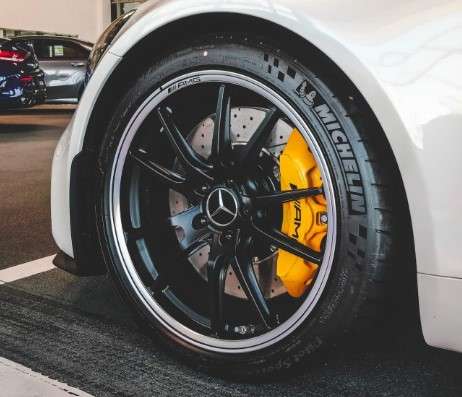
The driving experience is not solely about performance and durability; comfort plays a pivotal role. C1 tires, with their focus on performance, maintain a balance between sporty handling and a comfortable ride.
The noise levels are kept to a minimum, ensuring a smooth journey even at high speeds.
SL tires, known for their reliability, prioritize a quiet and comfortable ride. The emphasis on reducing road noise makes SL tires an excellent choice for those who value a serene driving environment. If tranquility is your preference, SL tires might be the acoustic choice for you.
Read Also: Bald Tires vs New Tires
C1 vs SL Tires: Price Points
Let’s talk numbers! Price points can be a decisive factor for many tire buyers. C1 tires, with their cutting-edge technology and performance-oriented design, often come with a higher price tag.
For enthusiasts who prioritize performance and are willing to invest, the cost may be justified by the unparalleled driving experience.
SL tires, on the other hand, offer a budget-friendly option without compromising on quality. If you’re looking for a reliable tire that won’t break the bank, SL tires present an attractive proposition.
C1 vs SL Tires: Eco-Friendly Features
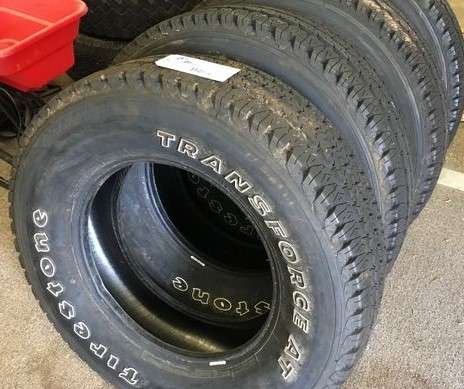
In an era where environmental consciousness is paramount, considering the eco-friendliness of tires is crucial. C1 tires, with their focus on performance, incorporate eco-friendly materials in their construction. The manufacturers prioritize sustainability without compromising on the tire’s overall performance.
SL tires, while not explicitly marketed as eco-friendly, adhere to industry standards for environmental impact. Their durable construction ensures fewer tire replacements, indirectly contributing to a reduction in overall waste.
Read More: Continental Tires VS Yokohama Tires
C1 vs SL Tires: Comparison Table
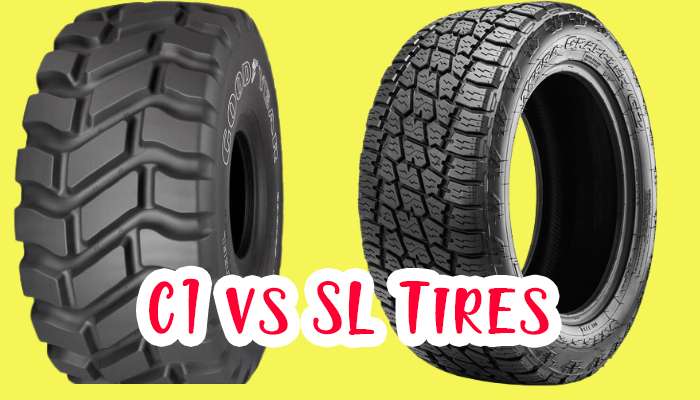
Let’s simplify the decision-making process with a comprehensive comparison table:
| Aspect | C1 Tires | SL Tires |
|---|---|---|
| Performance | Acceleration and Handling | Stability and Control |
| Durability | Performance Longevity | Robust Construction |
| Comfort and Noise Levels | Balanced Sporty Comfort | Quiet and Comfortable |
| Price Points | Higher Investment | Budget-Friendly |
| Eco-Friendly Features | Sustainable Materials | Industry Standard |
Who Should Use C1 Tires?
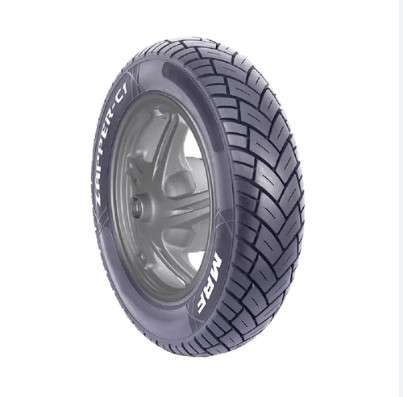
If you’re the type of driver who craves an exhilarating driving experience, prioritizing acceleration and responsive handling, C1 tires are tailored for you. Enthusiasts who are willing to invest in top-tier performance will find their match in C1 tires.
Who Should Use SL Tires?
For the practical driver who values reliability and longevity, SL tires are the go-to option. If you prioritize a quiet and comfortable ride without breaking the bank, SL tires offer a sensible and durable choice.
Conclusion
In the end, the choice between C1 and SL tires boils down to your individual preferences and driving needs. Whether you opt for the high-performance thrill of C1 tires or the reliable sturdiness of SL tires, both options guarantee a safe and enjoyable journey.
As you embark on your tire-buying journey, share your experiences and preferences. What matters most to you in a tire? Let’s create a community of informed drivers sharing their insights.
Glossary
- Acceleration: The rate at which a vehicle can increase its speed.
- Tread Patterns: The design on the tire’s surface that affects traction and handling.
- Sidewalls: The sides of the tire that provide structural support.
- Robust Construction: Sturdy and durable tire built for long-lasting performance.
